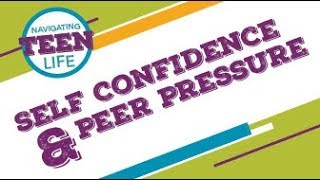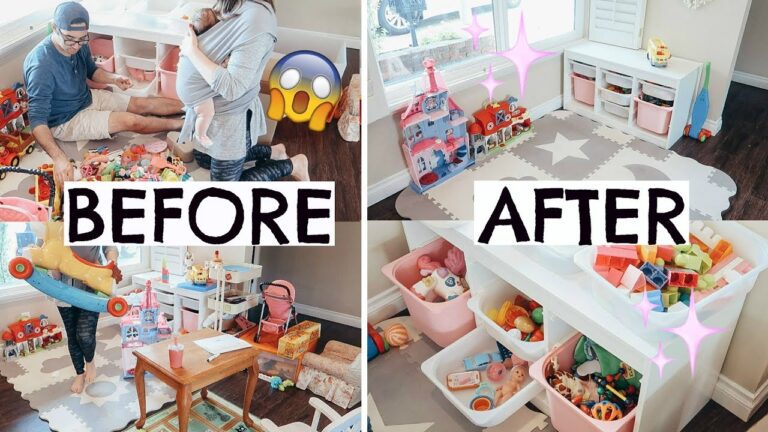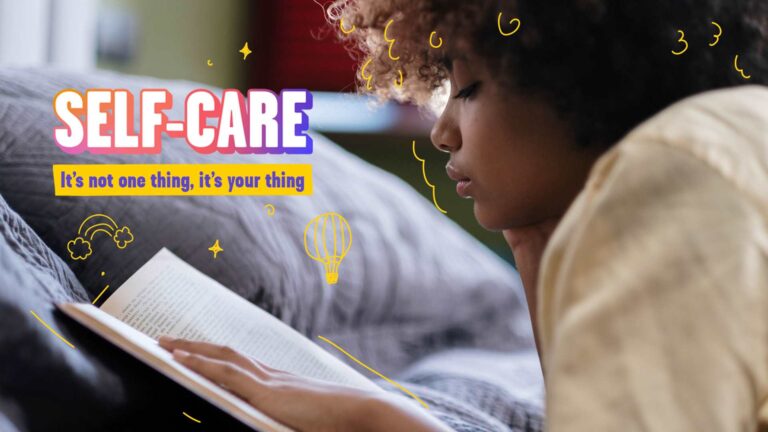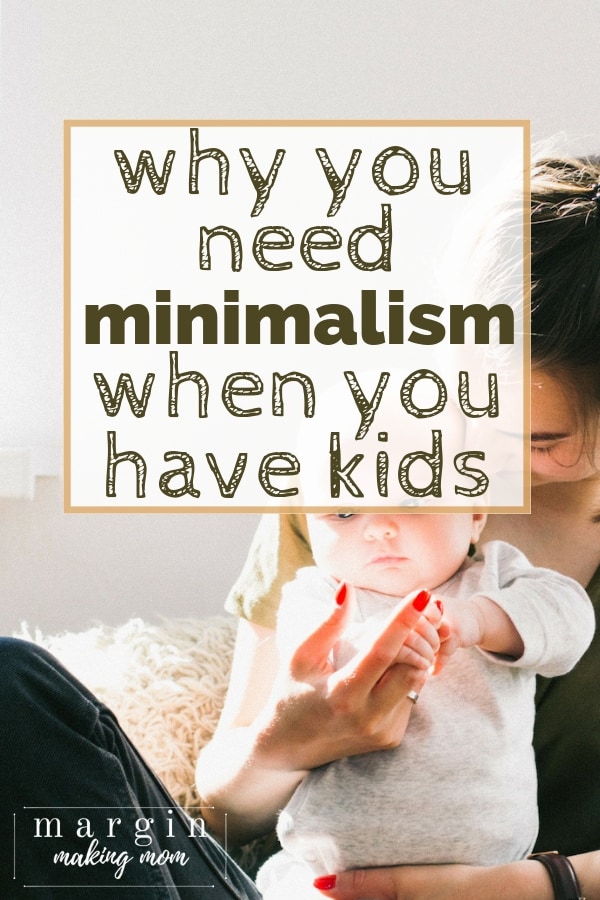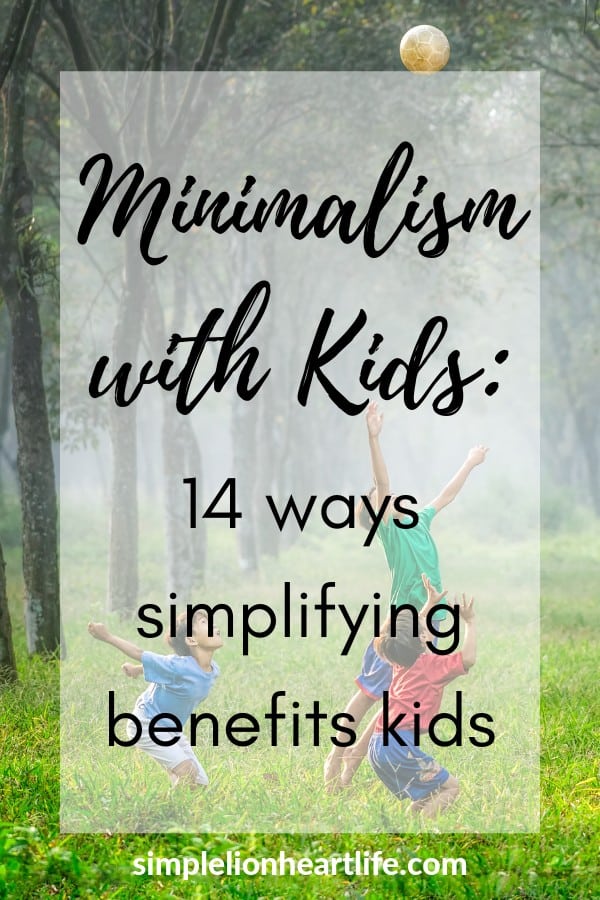Raising Minimalist Teens: Navigating Peer Pressure and Materialism
Originally posted on 12/06/2023 @ 04:12
Understanding Peer Pressure
Definition and Types of Peer Pressure
Definition and Types of Peer Pressure
Peer pressure refers to the influence that individuals in the same age group or social circle have on one another. It can manifest in various forms, exerting both positive and negative effects on teenagers. One type of peer pressure is direct peer pressure, where individuals are explicitly encouraged or coerced by their peers to engage in certain behaviors or adopt specific attitudes. This can include anything from experimenting with drugs or alcohol to engaging in risky behaviors. Another type is indirect peer pressure, which is more subtle and involves individuals feeling the need to conform to social norms or expectations in order to fit in. This can lead to teenagers feeling pressured to dress a certain way, have specific possessions, or engage in activities that may not align with their personal values or interests. Understanding the different types of peer pressure is crucial in navigating its influence and helping teenagers make independent and mindful choices.
Effects of Peer Pressure on Teens
Effects of Peer Pressure on Teens
Peer pressure can have a profound impact on teenagers, particularly when it comes to materialism. In today’s consumer-driven society, adolescents often face immense pressure to conform to societal norms and acquire the latest trends and gadgets. This constant exposure to materialistic values can lead to a range of negative effects on teens. Firstly, peer pressure can contribute to a sense of insecurity and low self-esteem among teenagers who are unable to keep up with their peers’ material possessions. This can lead to feelings of inadequacy and a constant desire to fit in, often resulting in impulsive and unnecessary spending. Moreover, the influence of peer pressure can also lead to a distorted sense of priorities, where material possessions become more important than personal growth or meaningful relationships. Consequently, teenagers may become more focused on acquiring material goods rather than developing their own unique identities or pursuing their passions. It is crucial for parents and educators to understand the detrimental effects of peer pressure on teens and provide them with the necessary guidance and support to navigate these challenges.
Recognizing Peer Pressure in Teenagers
Recognizing Peer Pressure in Teenagers
During adolescence, teenagers are particularly susceptible to peer pressure as they strive to fit in and establish their identities. Recognizing the signs of peer pressure is crucial for parents and guardians in order to support their teens in making independent and mindful choices. One common indicator of peer pressure is a sudden change in behavior or interests, as teenagers may feel compelled to conform to their peers’ preferences. Additionally, teenagers may exhibit a strong desire for acceptance and fear of rejection, often leading them to engage in activities or behaviors they may not necessarily agree with. By staying attentive and open to communication, parents can help their teens navigate the complexities of peer pressure and encourage them to develop their own values and beliefs.
The Dangers of Materialism
Definition and Causes of Materialism
Definition and Causes of Materialism
Materialism refers to the excessive desire for material possessions and the belief that they are essential for happiness and success. In today’s consumer-driven society, teenagers are often bombarded with messages that equate material possessions with social status and self-worth. The causes of materialism among teens can be attributed to various factors. Firstly, peer pressure plays a significant role, as adolescents strive to fit in and be accepted by their peers. They may feel compelled to acquire the latest gadgets, trendy clothing, or luxury items to gain social validation. Additionally, the influence of media and advertising cannot be overlooked. Constant exposure to advertisements that promote materialistic values can shape teenagers’ perceptions and fuel their desire for material possessions. Furthermore, societal pressure to conform to certain standards of success and achievement can contribute to materialistic tendencies among teens. The pursuit of material wealth is often glorified, leading young individuals to believe that possessions are a measure of personal worth. Understanding the definition and causes of materialism is crucial in order to effectively navigate and address this issue when raising minimalist teens.
Negative Impact of Materialism on Teens
The negative impact of materialism on teens is a growing concern in today’s consumer-driven society. As adolescents navigate the complexities of peer pressure, they often find themselves succumbing to the allure of material possessions as a means of fitting in and gaining social status. This obsession with materialism can lead to a range of detrimental effects on their well-being and development. Firstly, it fosters a sense of constant dissatisfaction, as teens are constantly seeking the next trendy item to keep up with their peers. This perpetual desire for more can lead to financial strain and a lack of gratitude for what they already have. Moreover, materialism can also contribute to a shallow sense of self-worth, as teens may base their value on the possessions they own rather than their personal qualities and achievements. Ultimately, addressing the negative impact of materialism on teens is crucial for fostering their emotional well-being and helping them develop a more balanced and fulfilling approach to life.
Identifying Materialistic Behaviors in Teenagers
Identifying Materialistic Behaviors in Teenagers
Recognizing materialistic behaviors in teenagers can be crucial in guiding them towards a more minimalist lifestyle. One common sign of materialism is an excessive desire for possessions and a constant need for the latest trends and gadgets. Teenagers who constantly compare themselves to their peers based on the possessions they own or the brands they wear may also exhibit materialistic tendencies. Additionally, a preoccupation with acquiring material goods and a reluctance to let go of unnecessary items can indicate a materialistic mindset. By observing these behaviors, parents and educators can intervene early on and help teenagers develop a healthier perspective on material possessions, encouraging them to prioritize experiences, relationships, and personal growth over materialistic pursuits.
Promoting Minimalism in Teenagers
Educating Teens about Minimalism
Educating teens about minimalism is crucial in helping them navigate peer pressure and materialism. By teaching them the principles of minimalism, such as focusing on experiences rather than possessions, valuing quality over quantity, and embracing a clutter-free lifestyle, we empower them to make conscious choices that align with their values. Engaging in open discussions about the impact of consumerism on our well-being and the environment can also help teens develop a critical mindset and question societal norms. Encouraging them to explore alternative forms of entertainment, such as hobbies, volunteering, or spending time in nature, can further foster their understanding of the value of simplicity and contentment. Ultimately, by equipping teens with the knowledge and tools to embrace minimalism, we empower them to resist the pressures of materialism and lead more fulfilling lives.
Encouraging Mindful Consumption
Encouraging mindful consumption is crucial when raising minimalist teens, as it helps them develop a conscious awareness of their purchasing decisions and the impact they have on the environment and their overall well-being. Parents can foster this mindset by engaging in open discussions about the value of possessions and the importance of prioritizing experiences over material possessions. Encouraging teens to reflect on their needs versus wants, and to consider the long-term consequences of their consumption habits, can help them make more intentional choices. Additionally, parents can lead by example, demonstrating responsible consumption practices and highlighting the benefits of living with less. By instilling these values, parents can empower their teens to resist peer pressure and materialistic tendencies, ultimately leading to a more fulfilling and sustainable lifestyle.
Teaching Financial Literacy and Budgeting
Teaching financial literacy and budgeting is an essential aspect of raising minimalist teens, as it equips them with the necessary skills to make informed decisions about their finances and resist the pressures of materialism. By introducing concepts such as budgeting, saving, and distinguishing between needs and wants, parents can empower their teens to develop responsible spending habits and prioritize financial goals. Encouraging open discussions about money management and involving teens in family financial decisions can also foster a sense of ownership and responsibility, enabling them to make thoughtful choices aligned with their minimalist values. Additionally, providing practical experiences, such as giving teens an allowance or encouraging them to earn their own money through part-time jobs, can further enhance their understanding of financial independence and the value of money. Ultimately, by teaching financial literacy and budgeting, parents can help their minimalist teens navigate the complexities of peer pressure and materialism while fostering a healthy relationship with money.
Building Resilience against Peer Pressure
Developing Strong Self-Identity
Developing a strong self-identity is crucial for raising minimalist teens who can effectively navigate peer pressure and materialism. Encouraging our teenagers to explore their interests, passions, and values helps them establish a sense of self that is not solely defined by external factors. By fostering an environment that promotes self-reflection and self-expression, we empower our teens to make choices based on their own beliefs and desires rather than succumbing to the pressures of their peers or societal expectations. This process involves encouraging open and honest communication, providing opportunities for self-discovery, and supporting their individuality. By developing a strong self-identity, our teens can confidently resist the allure of materialism and prioritize experiences and relationships over material possessions.
Teaching Assertiveness Skills
Teaching assertiveness skills to teenagers is crucial in helping them navigate peer pressure and materialism. By equipping them with the ability to express their thoughts, opinions, and boundaries confidently, we empower them to make independent decisions that align with their values and goals. Encouraging open communication and active listening, parents can guide their teens in understanding the importance of assertiveness in maintaining healthy relationships and resisting the influence of materialistic pressures. Additionally, teaching negotiation and problem-solving techniques can further enhance their assertiveness skills, enabling them to navigate conflicts and make compromises without compromising their own values. Ultimately, by fostering assertiveness in our teens, we empower them to resist the allure of materialism and make choices that prioritize personal growth, fulfillment, and meaningful connections.
Building a Supportive Network
Building a supportive network is crucial when raising minimalist teens in today’s materialistic society. Parents can start by reaching out to like-minded individuals who share similar values and beliefs about minimalism. This can be done through local community groups, online forums, or even by attending workshops or seminars focused on minimalism and parenting. By connecting with others who understand the challenges of navigating peer pressure and materialism, parents can gain valuable insights, exchange ideas, and find support in their journey. Additionally, building a supportive network can also involve fostering relationships with educators, mentors, and other adults who can reinforce the principles of minimalism and provide guidance to teens. These individuals can serve as positive role models and help reinforce the importance of experiences, relationships, and personal growth over material possessions. Ultimately, a strong supportive network can provide parents and teens with the encouragement and resources needed to navigate the pressures of a consumer-driven world and embrace a minimalist lifestyle.
Fostering Healthy Relationships
Encouraging Authentic Connections
Encouraging authentic connections is crucial in raising minimalist teens who can navigate peer pressure and materialism. In a world dominated by social media and superficial interactions, it is essential to teach our teenagers the value of genuine relationships. Parents can foster authentic connections by encouraging open and honest communication within the family, creating a safe space for their teens to express their thoughts and emotions. Additionally, parents can guide their teens towards activities and hobbies that promote real-life interactions, such as joining clubs or volunteering in the community. By emphasizing the importance of quality over quantity in relationships, parents can help their teens develop a strong sense of self and resist the pressures of materialistic influences.
Promoting Empathy and Compassion
Promoting empathy and compassion among teenagers is crucial in raising minimalist teens who can resist the pressures of materialism. Encouraging acts of kindness and fostering a sense of empathy towards others can help teenagers develop a deeper understanding of the needs and emotions of those around them. Parents can engage their teens in discussions about the importance of compassion, highlighting the positive impact it can have on both individuals and communities. By emphasizing the value of empathy, parents can empower their teens to make choices based on genuine care for others rather than succumbing to the materialistic desires often fueled by peer pressure. Additionally, parents can encourage their teens to engage in volunteer work or community service, providing them with opportunities to witness firsthand the power of compassion and the fulfillment that comes from helping others.
Teaching Conflict Resolution Skills
Teaching conflict resolution skills is crucial when raising minimalist teens, as it equips them with the necessary tools to navigate peer pressure and materialism. By learning how to effectively communicate, negotiate, and find common ground, teens can develop the confidence to assert their values and resist the pressures of consumerism. Encouraging open dialogue and active listening within the family dynamic can foster a safe space for teens to express their concerns and seek guidance in resolving conflicts. Additionally, providing them with real-life examples and role-playing scenarios can help them practice problem-solving techniques and develop empathy towards others. Ultimately, teaching conflict resolution skills empowers minimalist teens to make thoughtful decisions, maintain healthy relationships, and stay true to their minimalist values in the face of external influences.
Balancing Individuality and Social Acceptance
Embracing Personal Values and Beliefs
In order to raise minimalist teens who can effectively navigate peer pressure and materialism, it is crucial to encourage them to embrace their personal values and beliefs. This involves fostering open and honest conversations about what truly matters to them and helping them understand the importance of aligning their actions with their beliefs. By encouraging self-reflection and introspection, parents can empower their teens to make conscious choices that are in line with their values, rather than succumbing to external pressures. Additionally, providing opportunities for teens to explore different perspectives and engage in activities that promote personal growth can further strengthen their sense of self and enable them to confidently resist materialistic influences. Ultimately, by embracing personal values and beliefs, teens can develop a strong sense of identity and make choices that prioritize their well-being and fulfillment over societal expectations.
Navigating Social Norms and Expectations
Navigating Social Norms and Expectations can be a challenging task for parents raising minimalist teens. In today’s society, there is often a strong emphasis on material possessions and the pressure to conform to societal norms. However, it is important for parents to encourage their teens to stay true to their minimalist values and resist the urge to succumb to peer pressure. By fostering open and honest communication, parents can help their teens understand the importance of prioritizing experiences and relationships over material possessions. Additionally, parents can provide alternative perspectives and examples of individuals who have found happiness and fulfillment through minimalism. By equipping their teens with the necessary tools to navigate social norms and expectations, parents can empower them to make choices that align with their minimalist lifestyle and personal values.
Helping Teens Find Their Unique Identity
Helping teens find their unique identity is a crucial aspect of raising minimalist teens. In a society that often values conformity and material possessions, it is important for parents to encourage their teenagers to explore their individual interests and passions. By providing a supportive and non-judgmental environment, parents can help their teens discover what truly brings them joy and fulfillment. Encouraging self-reflection and open communication can also aid in the process of self-discovery, allowing teens to develop a strong sense of self and confidently navigate peer pressure and materialism. It is essential for parents to emphasize that their teens’ worth is not determined by what they own or how they fit in with their peers, but rather by their unique qualities, values, and aspirations.

